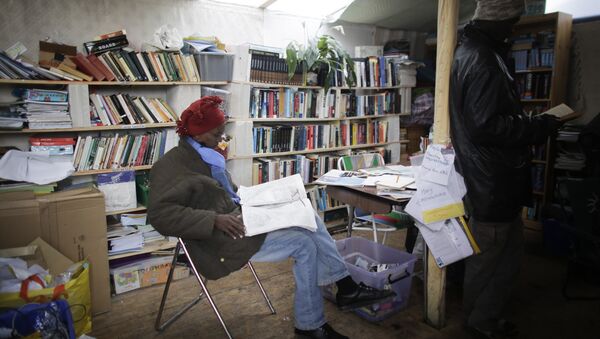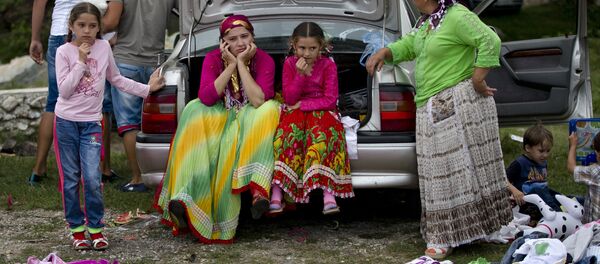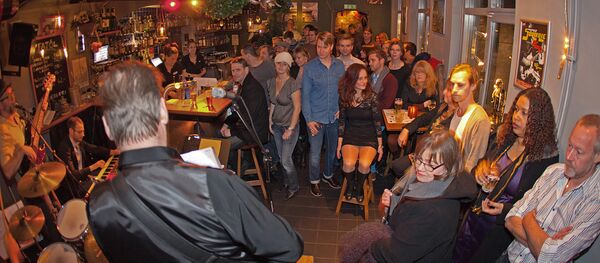According to Dagens Nyheter, library cards issued to EU migrants without a permanent home address in Sweden were coded in a way to specifically prevent the use of the library's core facilities, such as the lending of books, movies and music. Instead, the restricted card holders could only make use of the library's computers and take advantage of the on-site offerings. All in all, the blacklist reportedly featured 120 persons "with Romanian or Roma-sounding names."
The new library law, which was updated in 2014, stipulates that library services should be made available to everyone, as opposed to "all citizens," as stated before. During the preparation of the law, the Swedish government explained that the availability of libraries should not be limited on the basis of citizenship.
Karlstad City Library denied the allegations of blacklisting and defended the restricted cards with the fact that the library would be unable to send a bill if a book is delayed or never returned.
"They usually come here to use the computer, watch movies or listen to music. There has been no demand from EU migrants to borrow home books," Åsa Hansen said. She also called this group "special" in terms of attention needed. "It's a group we have to provide some extra help to. Sometimes, we have difficulties understanding each other. They can neither speak nor write [Swedish]," Åsa Hansen explained.
Nevertheless, the library's actions were criticized by Swedish discrimination experts alongside Democracy Minister Alice Bah-Kuhnke, who called the situation "very worrying."
"It is very remarkable that they have gathered a certain group of people in a special register. This in itself is a clear sign of discrimination," Johanna Westeson of Amnesty Sweden told Dagens Nyheter. She also slammed the statements made by the library director as a clear example of an aggressive and prejudiced attitude. According to her, libraries play a particularly important role in society, not least for the exposed and marginalized groups.
Westeson stressed the fact that EU migrants were completely legitimate in Sweden thanks to the EU's free movement, yet habitually encounter discriminating restrictions in various Swedish institutions.




